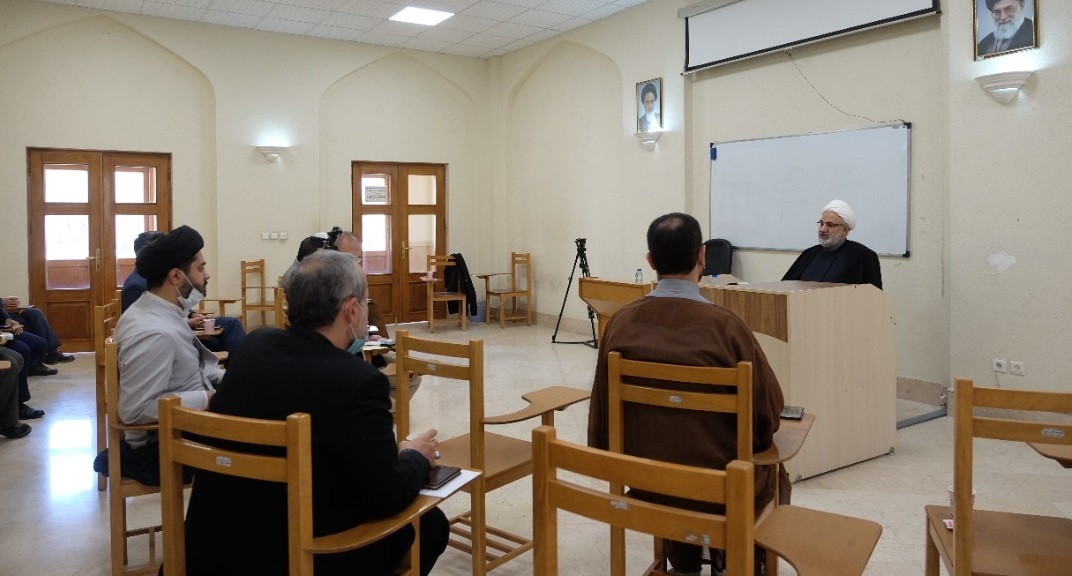AhlulBayt News Agency (ABNA): A group of Iranian and Syrian scholars and scientists have participated in a scientific webinar on the occasion of Research Week arranged by Razavi University of Islamic Sciences.
Addressing participants of the event called Scientific Diplomacy Webinar of Iran and Syria, Hoj. Ali Khayyat, president of the university, referred to the long-standing relations between the two countries and underscored the universities’ role in deepening scientific and cultural relations between the two countries.
Hoj. Khayyat said: “Scientific and cultural relations between countries are the most important types of interactions because they can permeate among the elite and ordinary people. This type of diplomacy is stronger in comparison to the traditional political diplomacy. In comparison with political relations, the scientific-cultural connections are much more stable”.
Khayyat went on to say: “In December 1974, a scientific and cultural agreement was signed between the two countries and it was expanded and deepened following the victory of Iran’s Islamic Revolution”.
He introduced 400-person student exchange, memorandum of understandings between different universities, launching shared journals and papers, forming visiting groups to participate in two countries’ scientific and cultural programs as other significant areas in development of cultural relations between the two countries”.
President of the Razavi University of Islamic Sciences also pointed to teaching of Farsi language in three Syrian universities and holding shared exhibitions as other factors deepening relations between Iran and Syria.
According to Khayyat, Razavi University of Islamic Sciences made a decision to admit a number of Syrian students in 2002 and 2003. According to experts of both countries, this course was among the best courses the graduates of which returned to their countries and engaged in scientific and cultural activities, helping expansion and deepening of bilateral relations.
Concluding his remarks, Hoj. Khayyat stressed: “Establishment of the Center for Iranian and Arab Studies with a library of about 4000 Iranian and 1000 Arabic books had a positive effect on deepening relations between the elite and scholars of the two countries”.
................................
End/ 257
source : Razavi.ir
Tuesday
14 December 2021
5:13:01 AM
1208340

A group of Iranian and Syrian scholars and scientists have participated in a scientific webinar on the occasion of Research Week arranged by Razavi University of Islamic Sciences.
